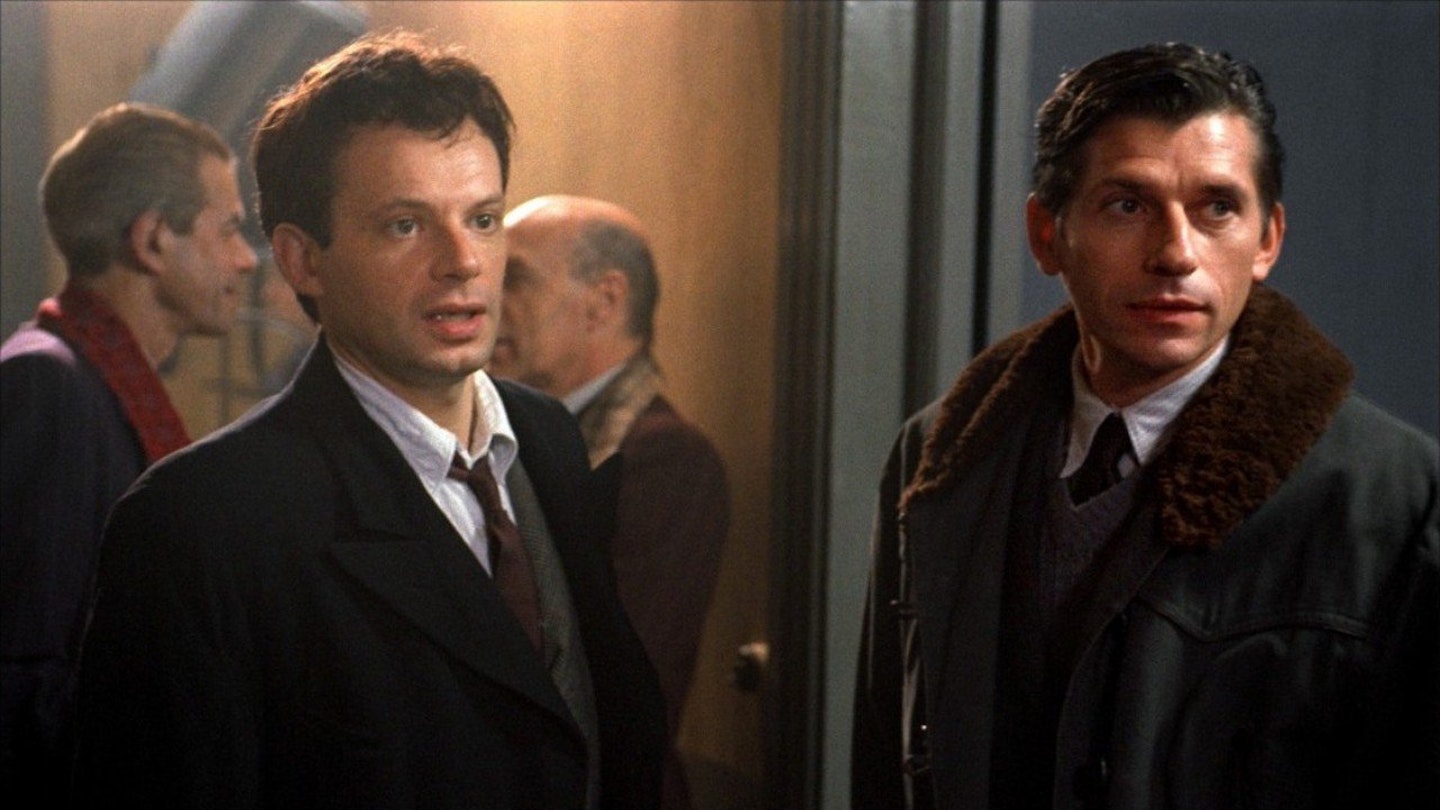With the Vichy era still considered a taboo subject in France, it was hardly surprising that Bertrand Tavernier's insight into the wartime film industry would inflame passions. But, away from the bitter accusations of misrepresentation and heated discussions over which real-life Continental Films personnel were collaborators or secret subversives, the overriding impression left by this epic is that of a missed opportunity.
Ever the cineaste, Tavernier can't resist dropping the names of films and filmmakers that will mean little to scholars, let alone casual viewers. Consequently, he only fleetingly captures the atmosphere of suspicion and repression that existed on the studio floor, or the impact the resulting pictures made on the populace.
Moreover, he seems more preoccupied with romanticising the personality of Jean Aurenche, despite the fact that Jean Devaivre faces more critical crises of conscience and courage.
